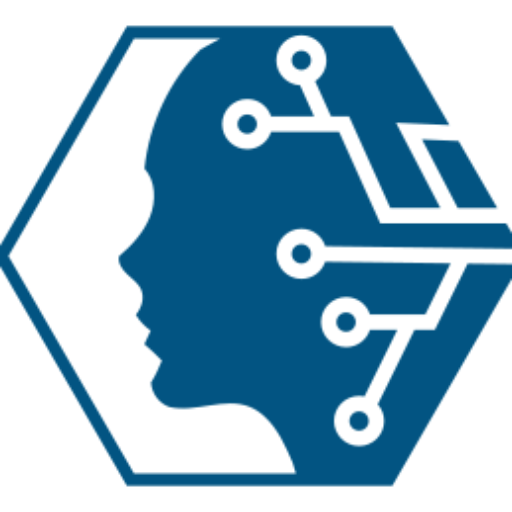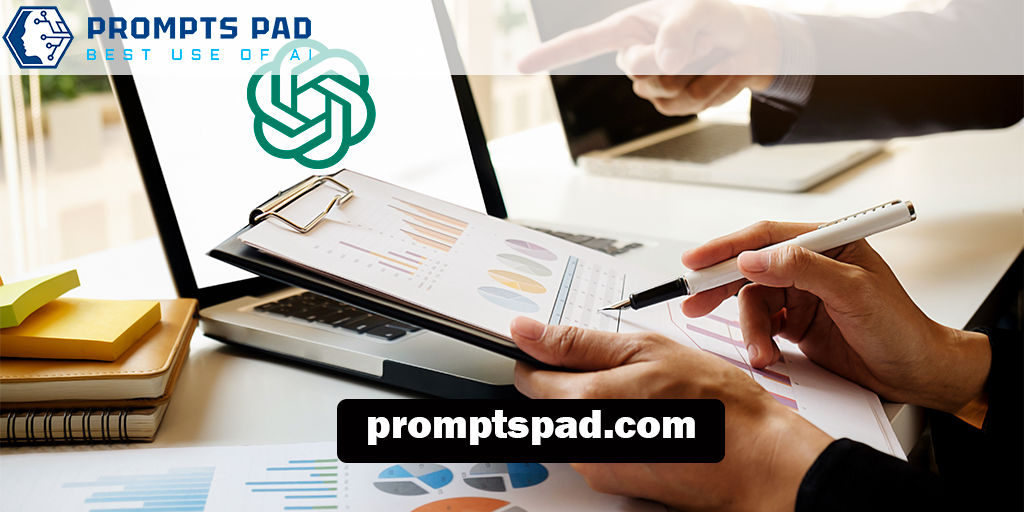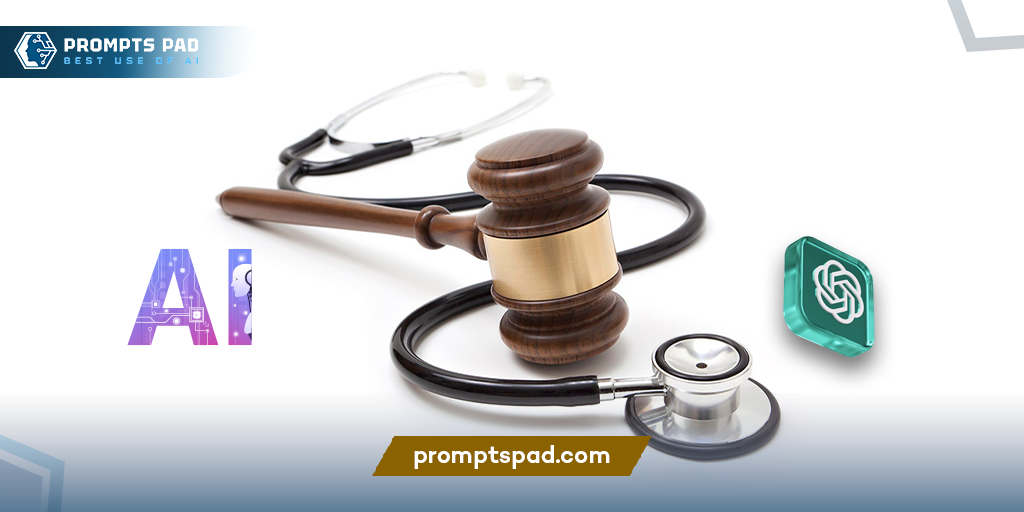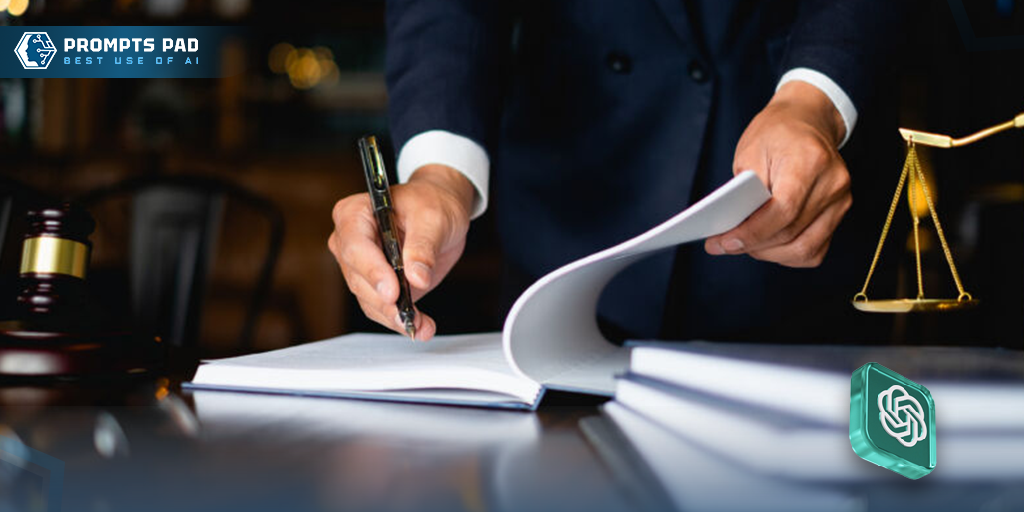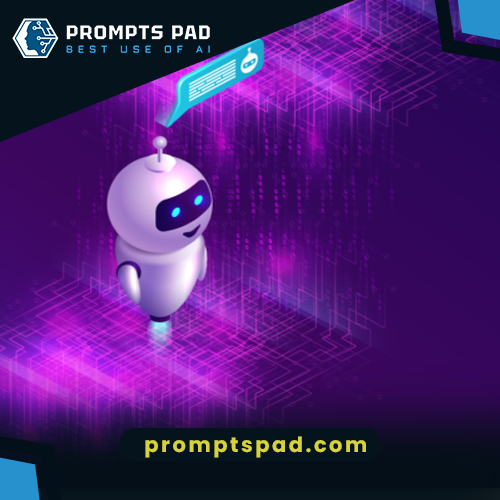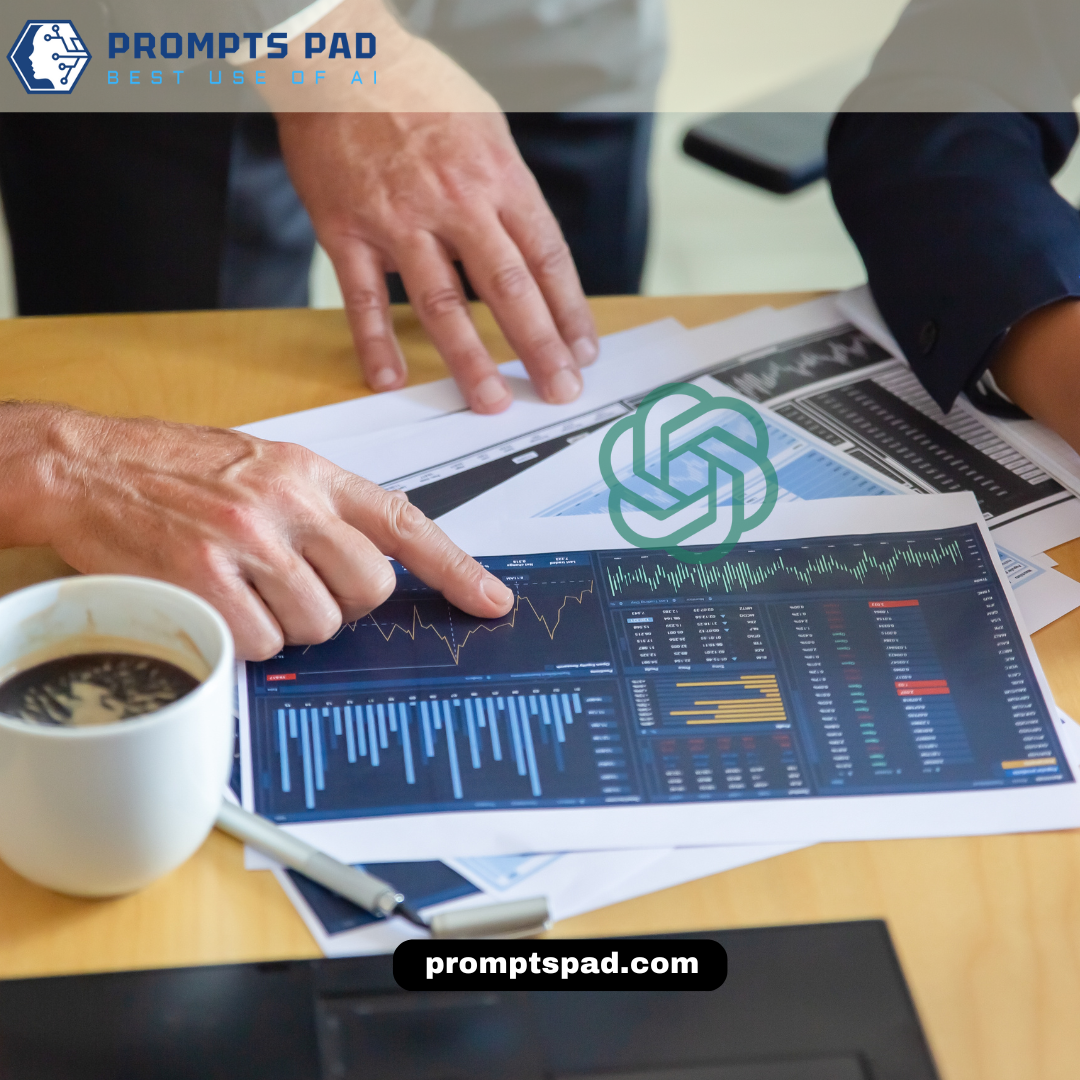
The capacity of ChatGPT to interpret complex instructions enables the creation of license agreements that are both contextually and legally appropriate. It adjusts to the particulars of every licensing agreement, taking into account things like exclusivity, scope, royalties, and cooperative components. Using ChatGPT's features, attorneys can improve their approach and make sure that licensing agreements are well-crafted instruments that cater to the specific needs of clients in various industries.
Here are prompts for references;
- Assist in creating a software licensing agreement that specifies the parameters of use, licensing costs, and any limitations for a tech startup. Consider situations in which a company licenses the software to several users.
- Create a formalized patent licensing agreement for a joint research project involving two companies. Indicate terms concerning sublicensing rights, royalties, and the extent of the license. Consider scenarios that could lead to collaborative innovations.
- Assist in creating a music licensing contract for independent musicians who want to license their music to a production company. Add clauses about exclusivity, royalties, and usage rights. Consider scenarios where the music may be used in various media formats.
Here is the link for the result generated by ChatGPT;
https://chat.openai.com/share/b5c3a63f-bf78-43a5-923f-b135419482a1
